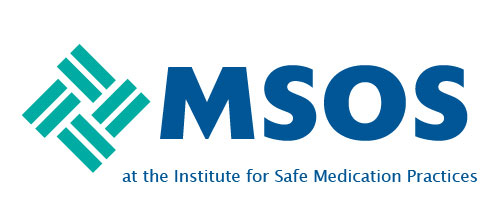I know there have been some posts regarding how to best handle medications that are restricted and clearly show them in the EHR for all healthcare providers. For those of you who have epic, it would be worthwhile to have your informatics members vote on the idea below so Epic can improve patient safety by making some changes to their foundation build.
https://ideas.epic.com/XGM/Idea/#55659
Problem: Medications are often restricted to use by location or care-unit type. (ex: IV metoprolol, vasoactive drips, etc.) Reference links to restricted medications (and a sub-set of high risk medications) can be missed by nurses, especially new nurses or traveling nurses not familiar with organizational standards
Suggested Solution: Nursing and Pharmacy is suggesting a field in the ERX that could be toggled so that a new visually apparent flag, icon, or notification would appear on the MAR for Restricted Medications
Having better delineation of medications that are considered formulary but are restricted (particularly by unit or acute care/vs ICU) is needed at a foundation level. There are many medications that are considered formulary but may not be used on certain floors/areas or require specific administration/monitoring. Having this more visible in the EHR (instead of using a separate policy) would improve patient safety and patient care and make it easier for our healthcare staff, particularly our nurses. This is something that many institutions struggle with and have piece mealed a solution together.
Thanks and have a great day!
Lindsey

